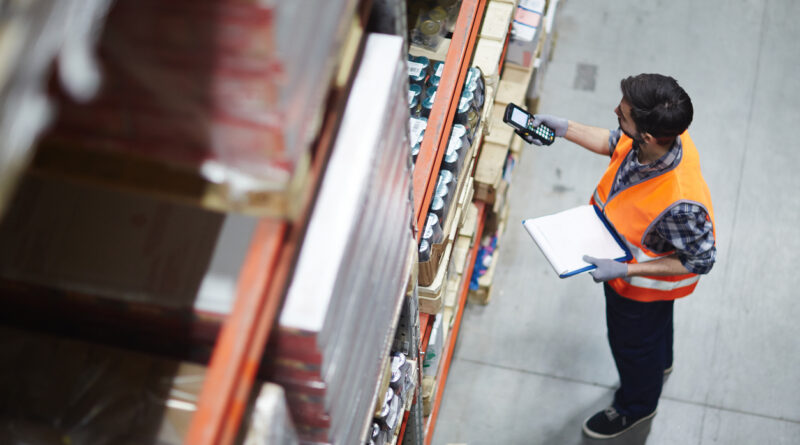What are the Three Types of 3PL Providers?
Logistics has evolved and expanded to incorporate a wide variety of delivery systems. To completely understand the many roles of a third-party logistics provider (3PL), we must first establish what a 3PL is. Contracts are made with 3PL (or third-party logistics) organizations to supply logistics-related solutions to partner companies.
Therefore, if your business needs assistance controlling the transportation of its goods, you would work with a 3PL service provider to successfully accomplish this part of operations. This arrangement and its management may take a variety of forms, which will be discussed in more depth later in this article.
Types of 3PL Service Providers
Standard 3PL Service Providers
Online commercial shops and e-commerce companies in need of logistical assistance would contact a regular 3PL provider to fulfill these fundamental business functions for them. The standard 3PL providers offer just the most basic services, such as product storage and transportation. Due to the fact that their services are limited to that location, they are often a very affordable alternative to the rest of the service providers we will mention in this list.
3PL Service Developers
Along with traditional storage and transportation, 3PL service developers also provide IT infrastructure and administration. They give added value in terms of security, cargo monitoring, and compliance management to their customers. Additionally, they may provide package selection and cross-docking capabilities. This is for companies who operate at a large scale, and is a worthwhile investment that definitely pays back over the long haul.
3PL Customer Adapters
This sort of third-party logistics provider manages practically all logistical operations for their customer, overseeing the whole shipping process from start to finish – including rate maintenance and carrier negotiation. Clients have access to technologies, such as the transport managing systems, which not only offer insights into operations and enable them to modify shipments as required but also allow them to stay hands-off if desired. This way, your local and outsourced logistic teams can work in tandem with each other.
3PL Customer Developers
This is essentially a replacement for the entire logistics department of an organization. This type of 3PL service provider serves only a handful of firms, although they are often the biggest in terms of organization size. That is because 3PL client developers assume entire control of a business’s logistics operations at the client’s request, again, making them effectively the client’s own logistics department. Utilizing a third-party customer developer is highly expensive owing to the significant amount of effort, manpower, and responsibility required for such a hands-off operation to be possible at all.
What are the Different Types of Services You Can Expect?
Transportation: During this phase, a 3PL service provider might use other transportation businesses to perform the partner company’s logistics functions. If the outsourced organization is non-leveraged (a.k.a does not self-finance through debt or buying stock), they will be solely reliant on the parent company’s assets to run all of their operations.
Warehouse and Forwarding: Warehouse and Distribution 3PL service providers specialize in stock management and product delivery. Forwarder-based 3PLs are the ultimate link between an organization and extended logistical operations, acting as the communication point and managers of the 3PL employment process.
Financial Support and Information: This is where the 3PL service provider deals with bookkeeping, audits, transportation billing, goods reporting services, as well as inventory management. However, with the recent advent of computerized technologies, a new segment of 3PL services has emerged for the management of logistics pertaining to electronic, B2B, and e-commerce industries.
The Bottom Line
At the end of the day, the type of 3PL service provider you choose and the exact services you employ are completely dependent on the scale of your company operations and the specific needs of your business. We hope that this article has helped you make an educated decision on what type of 3PL firm you would like to employ.




